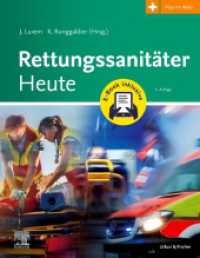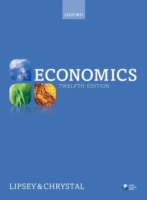Full Description
This timely book posits the idea of a 'route perspective' as a multi-scalar methodology for studying informal migration. Claudio Minca, Yolanda Weima and their contributors draw on their rich multi-sited, multi-temporal ethnographic research along the Balkan Route, the most important informal overland migration route in Europe, to better understand how it is continuously formed through an ever-changing assemblage of spatialities, trajectories, materialities and actors.
Presenting a novel approach to researching the complex spaces of the Balkan Route, chapters first trace the key elements of the route's formal infrastructure from a state perspective, including camps, border walls, and asylum systems, which highlights, in-turn, what is made invisible by the official state gaze. The authors then use their empirical findings at key sites to underscore the tenacious counter-geographies of people-on-the-move.
Thinking Like a Route is a vital read for students and researchers of human geography, especially political geography, interested in informal migration. It is also an important reference for academics in interdisciplinary migration, refugee and camp studies, as well as those with a focus on Balkan and Eastern European studies.
Contents
Contents
Introduction 1
Yolanda Weima and Claudio Minca
1 Route thinking? 12
Claudio Minca and Yolanda Weima
PART I MAPPINGS
2 Transit campization and the shifting Balkan Route camp archipelago 43
Yolanda Weima
3 Externalising the Common European Asylum System? Enlargement, legal harmonisation, and capacity building along the Balkan Route 70
Lorenzo Vianelli
4 Mapping border walls across the Western Balkans 94
Alexandra Rijke
PART II REGIONAL DISPATCHES
5 From 'transit zone' to 'buffer zone' to... On Serbian camp geographies and the Balkan Route 118
Dragan Umek and Claudio Minca
6 Camp Geographies in Una-Sana Canton, Bosnia and Herzegovina (2018-2022) 143
Roberta Gentili, Claudio Minca and Yolanda Weima
7 'Trieste is beautiful at night' 167
Claudio Minca and Dragan Umek







